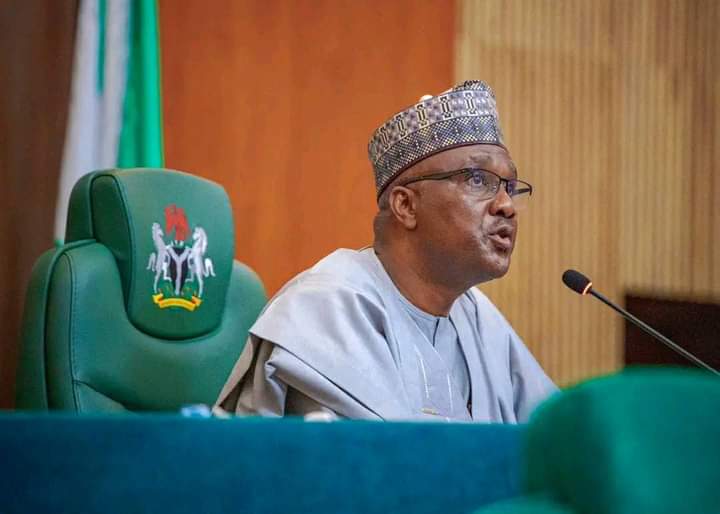**Abuja, Nigeria** — The Speaker of the House of Representatives, Rt. Hon. Abbas Tajudeen, Ph.D., has called on the newly inaugurated leadership of the Public Complaints Commission (PCC) to develop a comprehensive public outreach strategy and establish an efficient database to better serve the Nigerian populace.
During a swearing-in ceremony on Wednesday alongside Senate President Godswill Obot Akpabio, Abbas emphasized the critical role the PCC plays in fostering public trust in governance. The event saw the appointment of Chief Commissioner Alhaji Bashir Abubakar and 37 Federal Commissioners, who will represent Nigeria’s 36 states and the Federal Capital Territory (FCT).
Describing the occasion as a “significant milestone,” Speaker Abbas underscored the importance of the PCC as a key institution for protecting citizens’ rights and promoting accountability. “As commissioners, you are stepping into your roles at a pivotal time in our nation’s history,” he stated. “The PCC serves as a vital link between the government and the citizens, providing a formal platform for addressing grievances.”
Abbas acknowledged that public awareness about the PCC’s functions remains a significant challenge. “Many citizens are unaware of how to lodge complaints,” he noted, urging the commissioners to leverage both traditional and digital media to raise awareness about the Commission’s services. He proposed the development of a “Complaint Management System” to streamline the process of filing and tracking complaints, which should be supported by a nationwide media campaign.
Highlighting the obstacles faced by the PCC, Abbas pointed to limited resources and bureaucratic delays as key impediments to the agency’s effectiveness. He reaffirmed the National Assembly’s commitment to addressing these issues through strategic interventions and legislative measures. “We will prioritize further legislative actions to secure additional funding and enhance the Commission’s operational capacity,” he stated.
The Speaker also advocated for the adoption of digital technologies to streamline complaint processes and improve efficiency. “By embracing digital platforms, the PCC can reduce delays and enhance public engagement,” he explained. He emphasized the need for collaboration between the PCC and other government bodies, such as the National Human Rights Commission, to ensure a more integrated approach to complaint resolution.
Senate President Akpabio echoed Abbas’s sentiments, urging the PCC to prioritize listening to citizens and connecting them with the government. “The PCC has a constitutional mandate that predates many similar agencies, making its role even more crucial,” he remarked.
As the PCC embarks on this new chapter, both leaders expressed confidence in the agency’s ability to uphold justice and equity, and to foster a culture of accountability and transparency within Nigeria’s governance framework.




